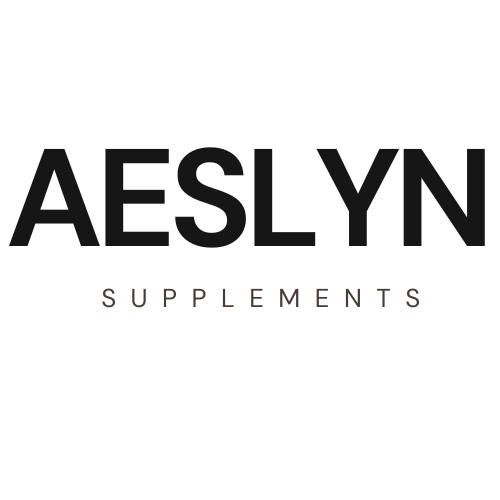READING TIME: 1.91 minutes
What is menopause?
Menopause is defined as the disappearance of ovulation, menstruation and reproductive capacity in a woman, usually between 40 and 50 years of age. During this period, the ovaries stop producing estrogen, the female hormone par excellence, which can trigger a series of symptoms such as hot flashes, night sweats, emotional changes and vaginal dryness.
The challenge of menopause
For some women, menopause can be a difficult period, marked by physical and emotional symptoms. The body enters a struggle to balance its hormones, as the ovaries stop producing estrogen and the adrenal glands try to compensate for this loss, which can cause hormonal imbalances and uncomfortable symptoms.
How can progesterone help?
Progesterone, a hormone that women produce during ovulation, can play a crucial role in managing menopause symptoms. By balancing hormones and promoting relaxation, progesterone can help relieve hot flashes, improve sleep, and reduce vaginal irritation. Additionally, progesterone has been shown to have anti-inflammatory and anti-cancer effects, making it a valuable option for many women during this transition period.
The importance of hormonal balance and healthy weight
Importantly, excess weight can aggravate menopausal symptoms, as body fat can produce additional estrogen. Therefore, maintaining a healthy weight through a balanced diet and regular exercise can help reduce the burden on the body during menopause.
Conclusions
In conclusion, menopause is a natural stage in a woman's life, but it can present significant challenges. However, with the right help and the right approach, many women can get through this period with comfort and vitality. Progesterone is just one of the options available to help manage menopause symptoms, and can be especially beneficial when combined with a healthy, balanced lifestyle.
Remember, always consult with a health professional before starting any hormone treatment or making major changes to your lifestyle. Your health is in your hands!
I hope this information has been useful to you. Until next time!
Note: The information provided in this article is based on research and clinical experience, but it is always important to consult with a qualified health professional for personalized advice.

